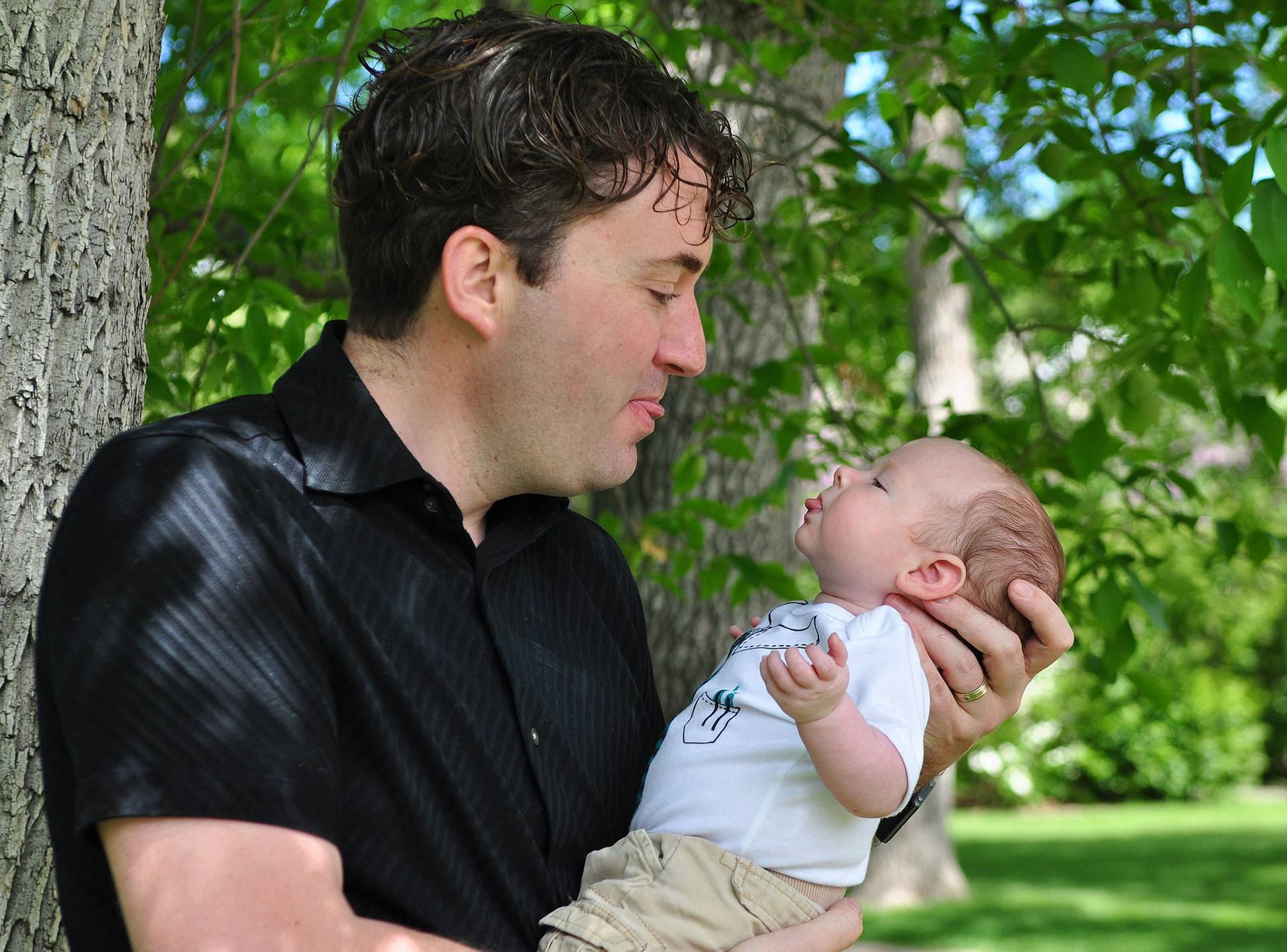 This world-first study seeks to help parents with a history of autism improve communication with their baby.
This world-first study seeks to help parents with a history of autism improve communication with their baby.
The Communicating and Understanding your Baby (CUB) Study seeks to find a new and effective way to help young babies who have an increased likelihood of developing autism spectrum disorder (ASD). The study, coordinated by Dr Jess Reynolds from CliniKids at the Telethon Kids Institute, seeks to improve the social and communication skills of these babies, before an ASD diagnosis occurs.
About ASD
Autism spectrum disorder is a lifelong developmental disorder that affects about 1.76% of the world’s population, according to a recent study. The condition impacts the development of social communication skills, and other aspects of behaviour.
In 2018, it was estimated that about 205,000 Australians had been diagnosed with ASD, according to the Australian Bureau of Statistics (ABS). Currently, about 10% of all Australian children under the age of 19 are affected by this condition.
Even from their early days, before they are diagnosed with ASD, children may experience developmental difficulties. “We often see subtle differences in social and communication in the first year of life in infants who go on to receive a diagnosis of autism in later childhood. Differences in eye contact, delays in verbal development, and differences in play skills are often observed very early on,” Dr Reynolds said.
Interventions for children with ASD typically commences after the receipt of a diagnosis, most often between 3-6 years of age. However, there is scientific and clinical reasons to believe that commencing intervention earlier in life, when the brain is rapidly developing, may provide even greater effect of interventions, Dr Reynolds explained.
About the study
The CUB Study seeks to support parents of a newborn with a family history of autism, ADHD or intellectual disability. “Children with a family history of autism or other developmental conditions have a higher likelihood of receiving a diagnosis of autism than those who don’t, so we recruit babies who have a family history,” Dr Reynolds told Medical Forum.
The idea of recruiting babies is to be able to work with participants before any potential developmental delays occur.
The CUB Study uses a video feedback approach, similar to the approach used in a previous study called AICES, which we reported here.
The approach is basically trying to educate parents about the best way to interact with their child. “(The CUB Study) focuses on educating parents of infants with a high genetic risk for autism about the skills and capabilities of newborns, with the aim of enriching the parent-infant interactive experience,” Dr Reynolds said.
AICES was aimed at babies who were 9-14 months old, whereas the CUB Study is aiming at much younger babies. “CUBS is aiming to start early from birth before any recognised developmental delays,” Dr Reynolds said. “The goal of CUBS is not to cure ASD, but to change the trajectories of social and communication development in these babies so that each and every child can reach their full potential. This is our burning desire,” she added.
The expected outcome is that parents will learn how to best communicate and interact with their babies. In turn, these babies will benefit from an improved development of their social and communication skills.
The study is currently recruiting participants. Anyone wanting to participate can reach out to CliniKids, via phone at (08) 6319 1012 or via email, at CUBS@telethonkids.org.au. Information for potential participants can be found here.

